
10 Warning Signs You Might Be Gluten Intolerant
10 Warning Signs You Might Be Gluten Intolerant
Introduction
In recent years, the number of people experiencing gluten intolerance has steadily increased, and with it, the popularity of the gluten-free lifestyle. But how can you tell if gluten is really the culprit behind your health problems?
For many people, consuming gluten — a protein primarily found in wheat, barley, and rye — causes no harm at all. However, for others, it can lead to a variety of uncomfortable and sometimes debilitating symptoms that affect both body and mind.
If you’ve noticed several of the following symptoms, especially after eating foods like bread, pasta, pastries, or cereals, it might be worth exploring whether gluten intolerance is playing a role in how you feel.
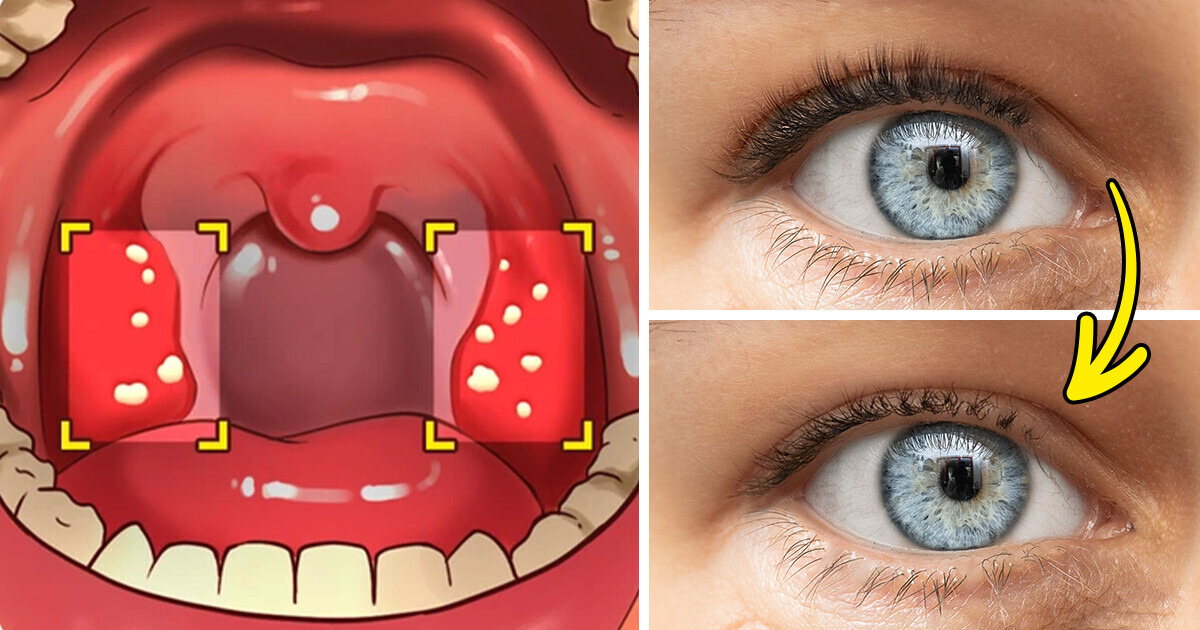
1. Digestive Issues
Digestive discomfort is one of the most common warning signs of gluten intolerance. Typical symptoms include gas, bloating, abdominal pain, constipation, and diarrhea after eating foods containing gluten.
Constipation tends to be more common in children, while adults often experience alternating constipation and diarrhea. Interestingly, many people who have been diagnosed with Irritable Bowel Syndrome (IBS) discover that eliminating gluten greatly reduces — or even eliminates — their symptoms.
If you constantly feel bloated or sluggish after eating, your digestive system may be struggling to handle gluten properly.
2. Mood and Mental Health Changes
Gluten doesn’t just affect the gut — it can also influence the brain. A growing body of research suggests that gluten sensitivity may contribute to depression, anxiety, mood swings, and even ADHD-like symptoms.
This is likely due to the connection between the gut and brain (the “gut-brain axis”), which plays a powerful role in regulating mood and behavior. People who cut gluten from their diets often report feeling calmer, more focused, and emotionally balanced.
3. Joint and Muscle Pain
Aching joints, stiffness, and swelling — especially in the fingers, knees, hips, or wrists — can all be linked to gluten intolerance. This happens because gluten can trigger inflammatory responses in the body.
If you often wake up sore, feel joint pain without a clear injury, or notice your symptoms worsen after eating bread or pasta, it may be your body’s way of signaling that gluten is causing inflammation.
4. Keratosis Pilaris (Rough “Goosebump” Skin)
This common but often overlooked skin condition appears as small, rough, painless bumps on the arms, thighs, or cheeks. It’s caused by deficiencies in essential fatty acids and vitamin A, which can occur when the small intestine becomes damaged from long-term gluten exposure.
While keratosis pilaris isn’t dangerous, it can be an outward sign that your digestive system isn’t properly absorbing nutrients — another red flag for gluten sensitivity.
5. Persistent Fatigue and Brain Fog
If you feel unusually tired, sluggish, or mentally foggy after meals containing gluten, you’re not alone. Gluten intolerance can interfere with nutrient absorption, leading to low energy levels and a cloudy mind.
Many people report a noticeable improvement in alertness and vitality within days or weeks of removing gluten from their diet. That “afternoon crash” you thought was normal might actually be a response to gluten.
6. Chronic Fatigue Syndrome or Fibromyalgia
Diagnoses like Chronic Fatigue Syndrome or Fibromyalgia are often given when doctors can’t pinpoint the root cause of persistent tiredness or pain. In some cases, however, gluten intolerance may be an underlying factor.
By addressing gluten sensitivity through diet, many patients find that their muscle pain, headaches, and fatigue dramatically decrease — sometimes after years of unexplained symptoms.
7. Migraine Headaches
Recurring migraines can be another hidden sign of gluten intolerance. A 2001 study found that consuming gluten triggered severe headaches in sensitive individuals. MRI scans revealed increased inflammation in the nervous systems of those participants.
If you suffer from frequent migraines that don’t respond well to medication, keeping a food diary may help identify whether gluten-rich foods are contributing to your pain.
8. Autoimmune Conditions
Because gluten can keep the immune system in a constant state of alert, it’s often associated with the development of autoimmune diseases. These include lupus, psoriasis, rheumatoid arthritis, ulcerative colitis, scleroderma, Hashimoto’s thyroiditis, and multiple sclerosis.
For people with autoimmune disorders, removing gluten may help reduce inflammation, alleviate symptoms, and improve overall immune regulation.
9. Hormonal Imbalances
Hormones are extremely sensitive to inflammation and stress, both of which can be caused by gluten consumption. Gluten intolerance has been linked to infertility, irregular menstrual cycles, and Polycystic Ovary Syndrome (PCOS).
When gluten stresses the adrenal glands and disrupts the endocrine system, it can throw hormone levels out of balance. If you’ve been struggling with reproductive or hormonal issues, a gluten-free trial period might be worth discussing with your healthcare provider.
10. Neurological Symptoms
Gluten sensitivity can also affect the nervous system, leading to dizziness, vertigo, poor coordination, tingling, or numbness in the hands and feet. These sensations often result from inflammation in nerve tissue triggered by the immune system’s response to gluten.
In more severe cases, gluten-related neurological issues can mimic other disorders, which is why it’s important to investigate dietary causes before symptoms worsen.
Final Thoughts
Have you noticed any of these symptoms in yourself or a loved one? Tracking your diet and experimenting with a gluten-free lifestyle for a few weeks can reveal a lot about how your body responds.
Remember: going gluten-free isn’t a fad for everyone — for some, it’s the key to reclaiming health, energy, and clarity. If you’ve tried eliminating gluten, share your experiences and insights in the comments below.
News in the same category


SHOCKING NEW STUDY REVEALS WHAT MIGHT BE SILENTLY DESTROYING HUMAN FERTILITY

POPULAR SHAMPOO URGENTLY RECALLED BECAUSE IT CONTAINS BACTERIA THAT KILLS UP TO ONE IN TEN PATIENTS

Nurse who's witnessed 'so many deaths' explains spine-chilling moment she realised 'what happens after we die'
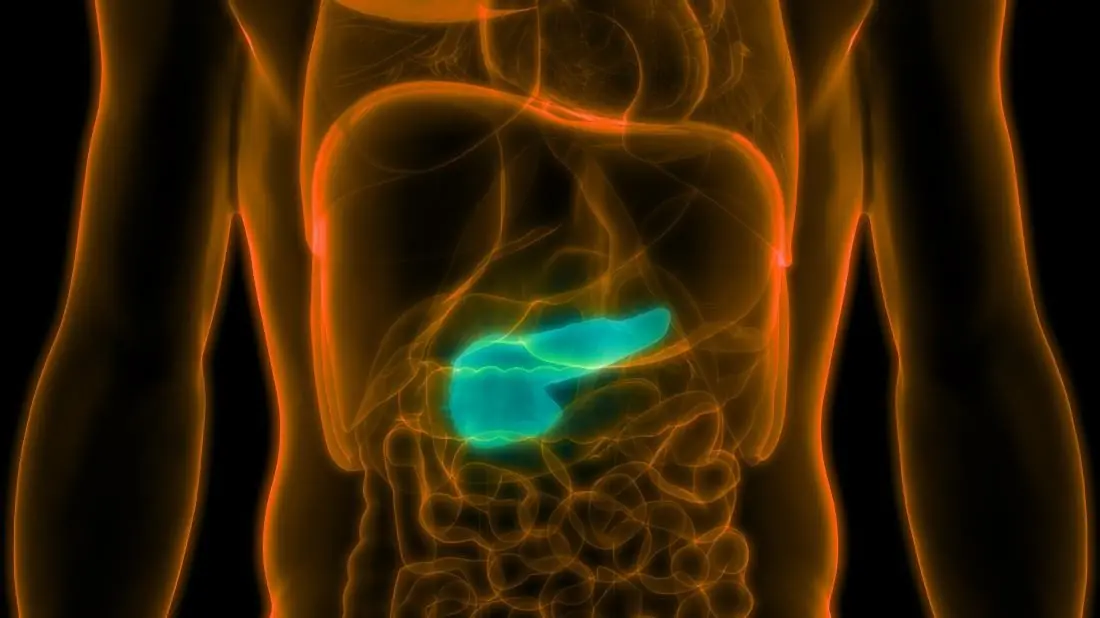
The influenza flu virus is being used to cure pancreatic cancer

Eye Doctor Reveals What To Do If You Start Seeing ‘Floaters’

If cancer cells are present in the body, these 3 symptoms often appear in the morning everyone should pay attention

3 foods you thought were bad for diabetes (but aren’t!)

CANCER IS PAINLESS AT FIRST, BIT IF YOU SEE THESE 8 SIGNS WHEN GOING TO THE TOILET, YOU SHOULD SEE A DOCTOR IMMEDIATELY

Sleeping Naked: 8 Surprising Benefits

What Happens To Your Skin When You Rub An Ice Cube On Your Face

🤢 The Real Causes of Constant Phlegm and Mucus in Throat — And How to Get Rid of It

The Tennis Ball Trick That Can Relieve Back, Neck Or Knee Pain In Seconds

One scoop a day heals your body from the inside out — watch what happens
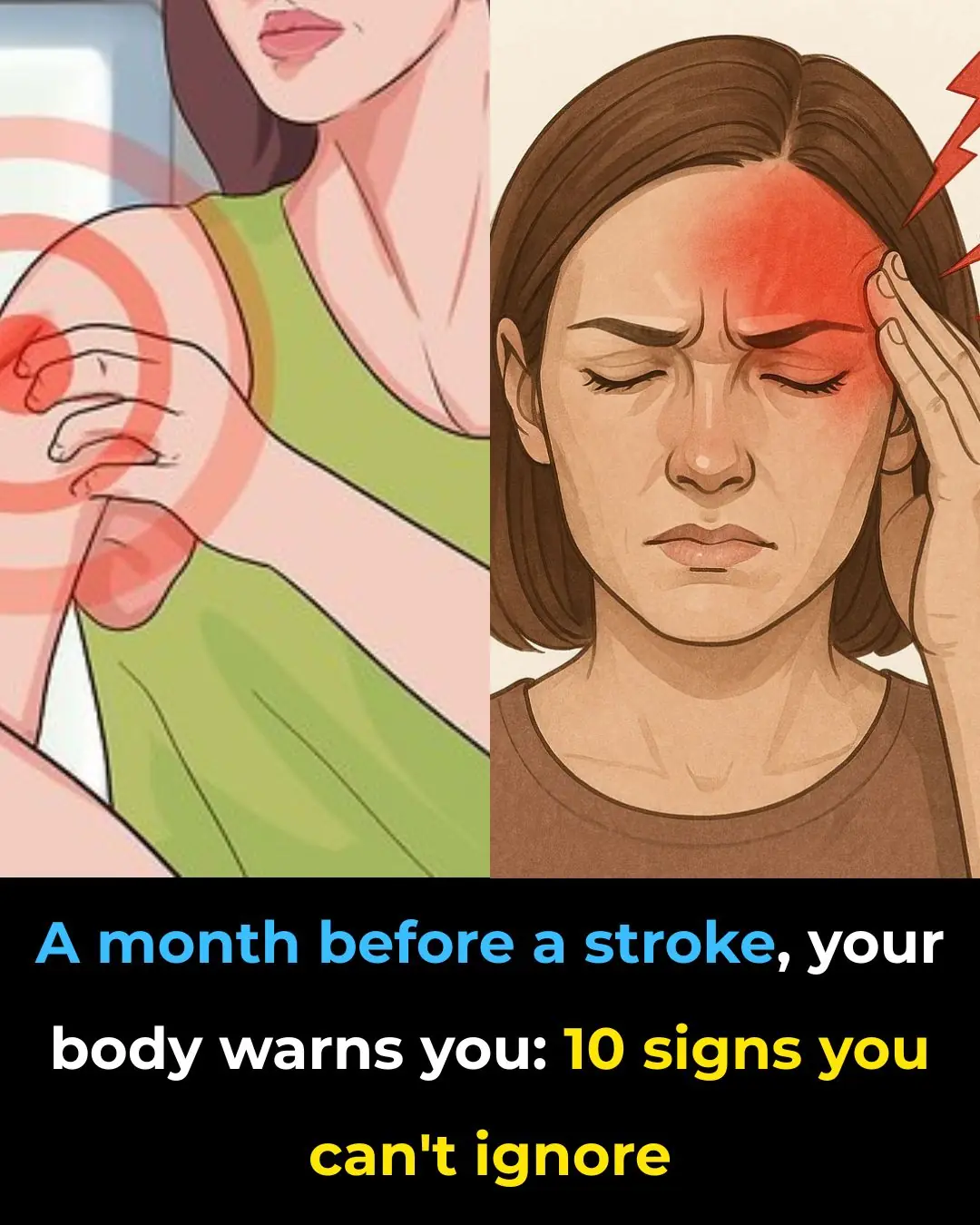
🧠 A Stroke Can Happen Suddenly — But Your Body Might Send Early Warnings (Know the Signs)

Are You Being Lied To About What Your Blood Pressure Should Be? — Read This Before You “Chase the Number”

The 7 silent causes of bad leg circulation
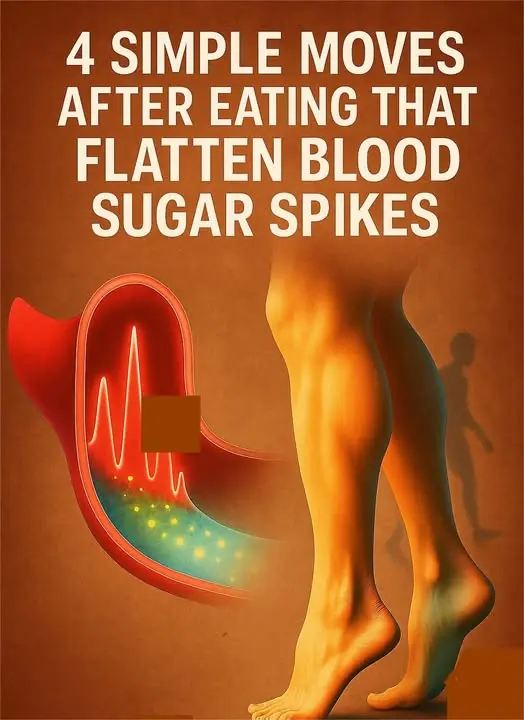
4 simple moves after eating that flatten blood sugar spikes

This Miraculous Drink Will Work Wonders for Your Thyroid

This Starves Colon Cancer Cells — and Strengthens Your Body’s Natural Defenses
News Post

9 Health Benefits of Pine Needles

Unlock The Incredible Health Benefits of Garlic, Ginger and Lemon for Men

A special method to grow garlic in plastic bottles

7 Benefits of the Miracle Leaf of Life

7 Amazing Health Benefits of Banana Blossoms

Boiling Sweet Potatoes: Don’t Just Add Plain Water—Add This Spoonful for Perfectly Fluffy, Sweet Results

The Science Behind Putting a Cotton Swab in a Menthol Oil Bottle

More People Are Struggling with Visceral Fat — Doctors Reveal 9 Foods That Help Burn It Naturally

Black Turmeric vs. Yellow Turmeric: Which One Is Better?

Starve cancer: the diet rotation strategy you need to know

Like to see more from Tips for the Home

💪 Sarcopenia: Why Muscle Loss Happens & How to Fight It (After 50)

I Had No Idea About This!

These Ideas Are Amazing: 10 Clever Ways to Use Dryer Sheets Beyond the Laundry Room

Most Don’t Know: 13 Brilliant Ways to Use WD-40 Around the House
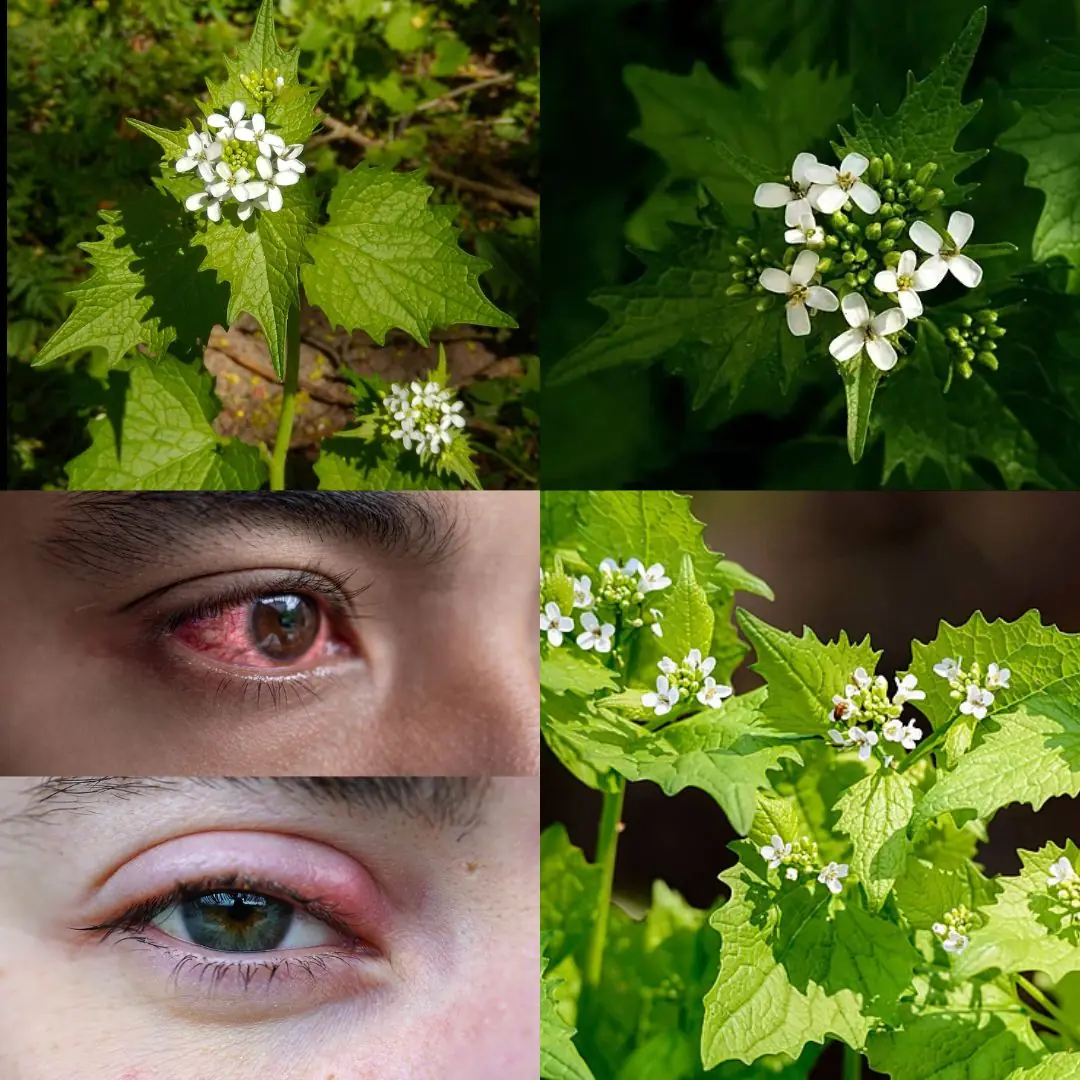
Garlic Mustard: The Overlooked Herb That Can Boost Your Health — Especially Your Eyes

SHOCKING NEW STUDY REVEALS WHAT MIGHT BE SILENTLY DESTROYING HUMAN FERTILITY

POPULAR SHAMPOO URGENTLY RECALLED BECAUSE IT CONTAINS BACTERIA THAT KILLS UP TO ONE IN TEN PATIENTS

How to Store Chili Peppers So They Stay Fresh, Juicy, and Flavorful for Months
